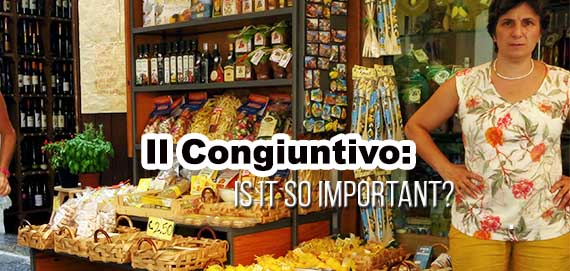
What does “quindi” means?
This is a question I get very often from my students and most are surprised to understand it only means “so”, nothing more. More precisely, it means “therefore” and thus implies casuality between the two sentences we are connecting, as in:
- Sono andata al supermercato, non ho trovato le fragole e quindi ho preso i mirtilli = I went to the supermarkt, I couldn’t find any strawberries so – as a consequence – I’ve bought blueberries.
2) Particularly in spoken languae, “Quindi” can also be used as an alternative to “poi” to promt an answer from the speaker, when we ask about something we previously already talked about with the speaker, as in:
- Quindi alla fine hai prenotato le vacanze? = So… in the end, have you booked your holidays (last time you told me you wanted to)?
Since spoken language does not exactly follow the rules of grammar, the same phrase could also be heard as:
- Ma quindi alla fine hai prenotato le vacanze? = “ma” here does not necessarly mean “but”, since it is the start of a conversation / new topic.
- Ma quindi poi alla fine…. = again, “ma” + “quindi” + “poi” is grammatically wrong but don’t be surprised if you hear it. If we use all three of them, helping our sentence with the tone of voice, then we really are genuinely interested.
If we wish to prompt an answer from the speaker, than we can also use it when we are losing our patience and still waiting for the other person’s reply or reaction.
- Quindi?! / E quindi?!




